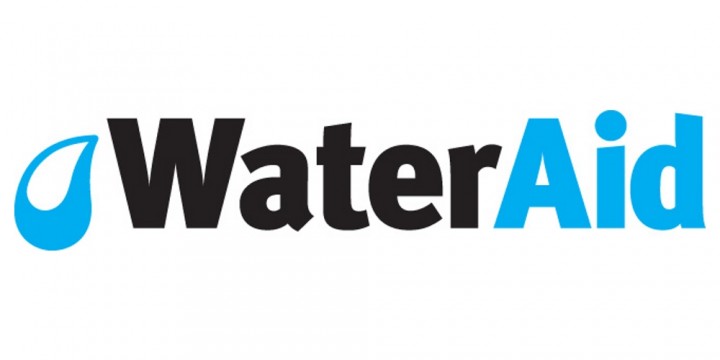Ensuring girls’ rights through school-based WASH and improved menstrual hygiene management in Pakistan and Nepal Supporting 38,028 school children and teachers gain access to inclusive WASH services, enhancing gender equality in 110 schools in Nepal and Pakistan.
WaterAid will support 38,028 school children and teachers gain access to inclusive water, sanitation and hygiene (WASH) services, enhancing gender equality in 110 schools in Nepal and Pakistan.
Women and Girls at school and 9,500 members of the community will be empowered to manage menstruation hygienically and with dignity. This will include improved WASH facilities, raised awareness, affordable supply chains for sanitary materials and increased institutional accountability
Mission
WaterAid aims to transform lives by ensuring that 38,028 people in Nepal and Pakistan gain access to sustainable WASH services including enabling women and to manage menstruation hygienically and with dignity. Within three and a half years: - 110 schools will have safe, inclusive WASH facilities that are child, gender and disability friendly. - 30,028 girls will be empowered to confidently manage their menstruation at school, with reductions in fear, stress and embarrassment associated with menstruation. 9,500 women in the community and out-of-school girls will also benefit from outreach to support them in MHM. - 1,235 teachers will have improved knowledge to enable them to support children on MHMResults
To overcome cultural prohibitions around talking about MHM, mobilisers adopted the strategy of holding sessions on WASH, hygiene, and other more neutral topics to get people comfortable before talking specifically about MHM. They also take advantage of these sessions to identify dynamic women who may be well suited for further engagement in the MHM project. • Mobilisers have also found that hosting all trainings and activities, including community-level activities, at the schools was beneficial. Schools were seen as an appropriate venue for women to attend, as their guardians sometimes restricted them from going to other public venues. In addition, some communities were more receptive of work taking place at the school rather that direct community action as the focus was on child health rather than social development. • Project partners used accessibility auditing tools during the planning phase of the facilities assessment to identify gaps in inclusiveness of WASH facilities prior to construction, which helped to ensure that the needs of all populations in the school were met. • Several good practices in mobilisation techniques were identified, including: o Identification of active and motivated girls for WASH clubs through consultation with teachers and soliciting volunteers; o Use of games around WASH/hygiene/ MHM to make it more interesting and fun, as well as the use of stage plays to share WASH messages with other pupils in an effective and engaging way; o Use of “drop box” suggestion boxes to help shyer girls participate; o Use of videos (downloaded from Indian websites) to create more visually engaging mobilization sessions; o Mobilizing WASH club members to clear bushes around the school for increased protection and as a step towards encouraging the clubs to more broadly help the school and their peers. • Partners found that adding covers to the incinerator chutes minimized unpleasant odours and increased the acceptability of the incinerators.Answer questions about the project
Connie Benjamin
conniebenjamin@wateraid.org
Filter / Tags
Rural areasSpecific to one or several countriesToilets or urinals (user interface)Other funding source or unspecifiedSchoolsInternational NGOHighlight on Gender Theme PageGender equalityMenstrual Health and Hygiene (MHH)
Related Countries
NepalPakistan

Project location
